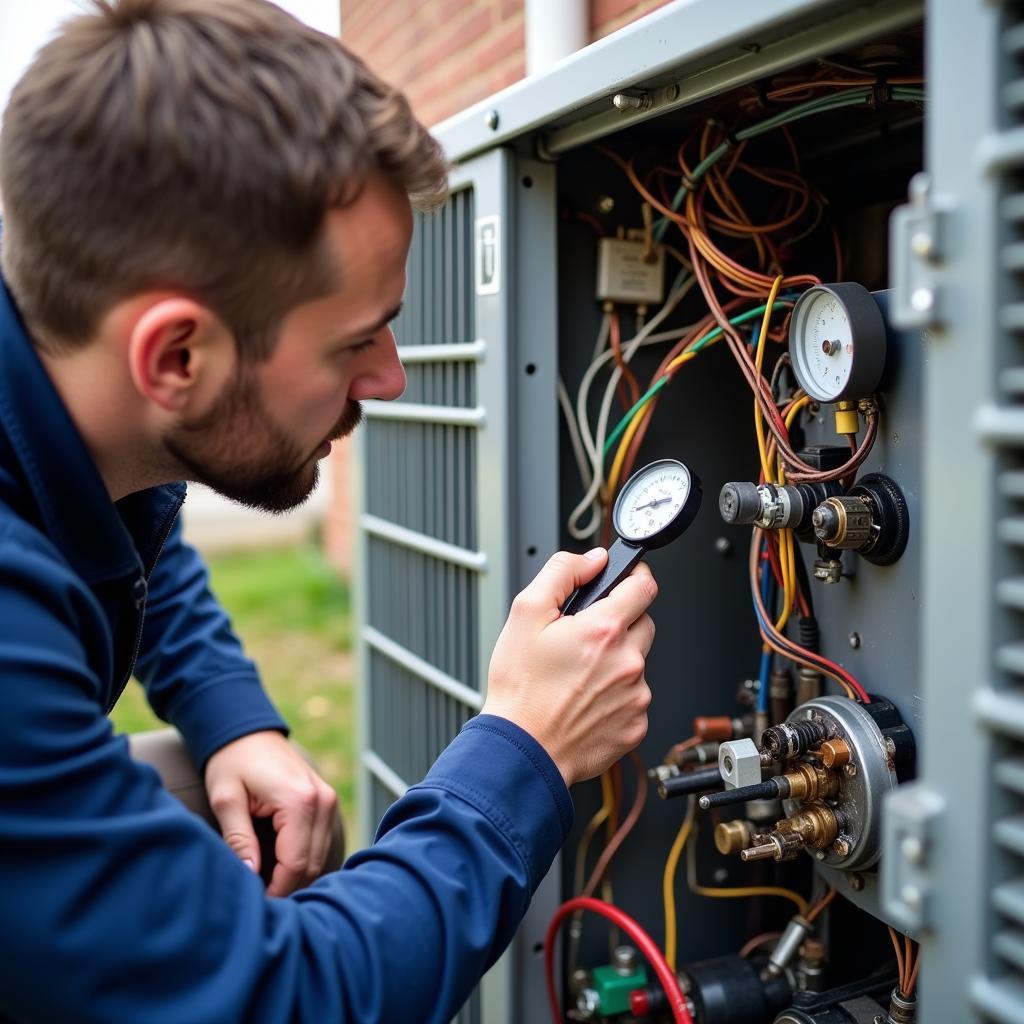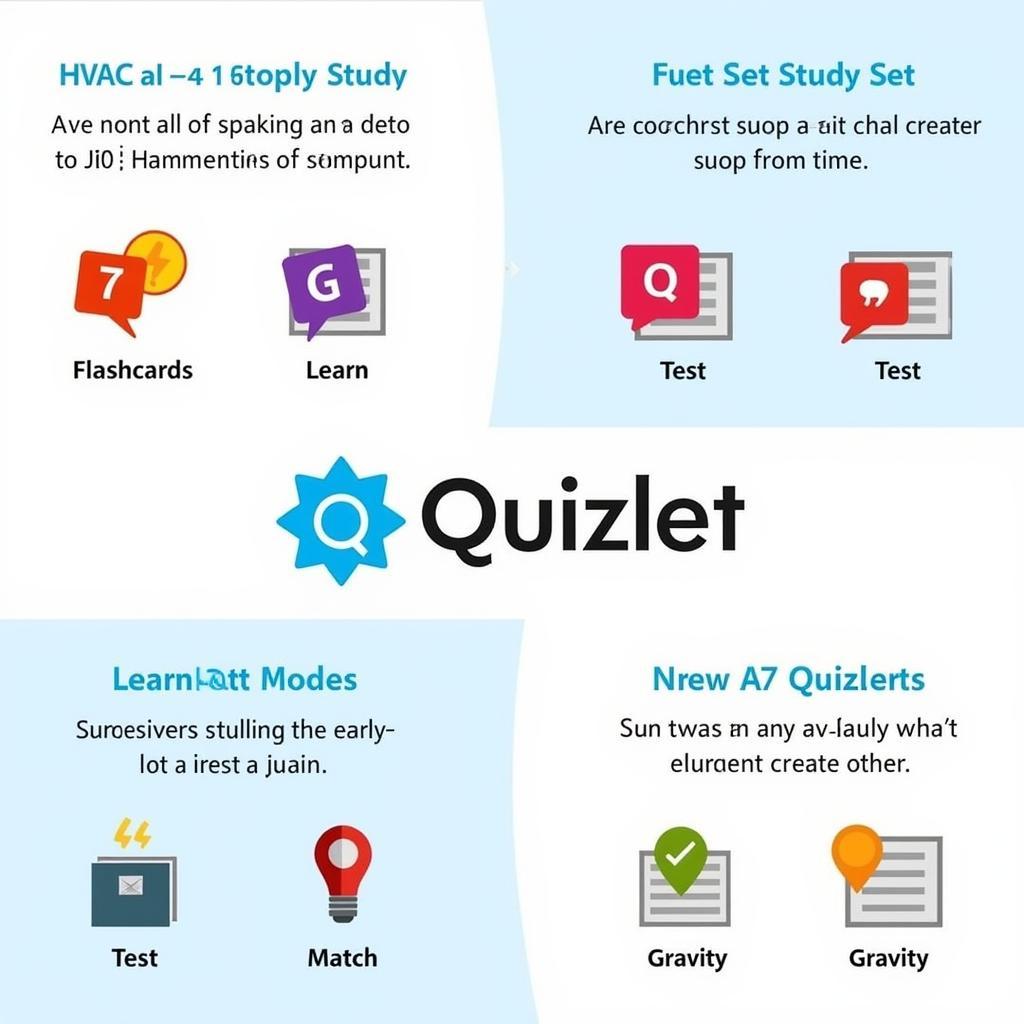Are you fascinated by the intricate workings of air conditioning systems and eager to turn your passion into a rewarding career? The journey begins with acing the ASE certification exam, your gateway to becoming a certified HVAC professional. This comprehensive study guide will equip you with the essential knowledge and resources to conquer the air conditioning ASE exam and confidently embark on your HVAC journey.
Understanding the ASE Certification
The National Institute for Automotive Service Excellence (ASE) is a renowned independent non-profit organization that upholds and enhances the quality of vehicle repair and service through rigorous testing and certification. For aspiring HVAC technicians specializing in air conditioning, the ASE A7 certification is the gold standard, signifying your competence in diagnosing and repairing a wide range of air conditioning systems.
Why is the Air Conditioning ASE Important?
Earning your ASE A7 certification is not just about letters after your name; it’s a powerful testament to your skills and dedication to excellence. Here’s why it matters:
- Increased Job Prospects: In a competitive job market, ASE certification sets you apart as a highly skilled and desirable candidate, opening doors to better job opportunities.
- Higher Earning Potential: Certified technicians often command higher salaries, reflecting their specialized knowledge and expertise.
- Professional Credibility: The ASE badge instills confidence in your customers and employers, showcasing your commitment to industry standards and best practices.
Deconstructing the Air Conditioning ASE Exam
The air conditioning ASE exam is designed to rigorously evaluate your understanding of various air conditioning components, systems, and troubleshooting procedures. Let’s break down the key areas covered:
1. Refrigeration System Principles
- Understanding Refrigerants: Types, properties, and environmental regulations.
- Refrigeration Cycle: Comprehending the flow of refrigerant and its transformation through different states.
- Components of the System: Compressor, condenser, evaporator, expansion valve, and their functions.
2. Air Conditioning System Components
- Compressors: Types, operation, and common failure points.
- Condensers and Evaporators: Construction, function, and maintenance.
- Driers, Accumulators, and Filters: Purpose and importance in system operation.
3. Electrical and Electronic Controls
- Basic Electrical Principles: Voltage, current, resistance, and circuits.
- Sensors and Switches: Types, operation, and their role in system control.
- Control Modules: Understanding their function and how they regulate the AC system.
4. Troubleshooting and Repair
- Diagnostic Procedures: Systematic approaches to identify AC problems.
- Using Gauges and Testing Equipment: Interpreting pressure readings and analyzing system performance.
- Common AC Problems: Recognizing symptoms, diagnosing causes, and implementing effective repairs.
Essential Study Tips for Success
Preparing for the air conditioning ASE exam requires a strategic and focused approach. Follow these study tips to maximize your chances of success:
- Invest in Quality Study Materials: Acquire comprehensive study guides, textbooks, and practice exams specifically designed for the ASE A7 certification.
- Develop a Structured Study Plan: Create a realistic study schedule, allocating dedicated time each day or week to cover all exam topics effectively.
- Focus on Understanding, Not Memorization: Strive to grasp the underlying principles and concepts, rather than simply memorizing facts and figures.
- Utilize Practice Exams: Familiarize yourself with the exam format and identify areas requiring further attention through regular practice tests.
- Seek Guidance and Support: Don’t hesitate to reach out to experienced HVAC technicians, instructors, or online forums for clarification and support.
 Technician taking the ASE certification exam
Technician taking the ASE certification exam
Beyond the Exam: Launching Your HVAC Career
Passing the air conditioning ASE exam is a significant accomplishment, marking the beginning of your journey as a certified HVAC technician. As you embark on your career, remember these key takeaways:
- Never Stop Learning: The HVAC industry is constantly evolving with new technologies and techniques. Embrace continuous learning to stay ahead of the curve.
- Develop Strong Communication Skills: Effectively communicate complex technical information to clients, ensuring their understanding and satisfaction.
- Prioritize Safety: Working with HVAC systems involves inherent risks. Always prioritize safety precautions and adhere to industry regulations.
- Build a Strong Network: Connect with fellow technicians, mentors, and industry professionals to exchange knowledge, seek guidance, and explore career opportunities.
 Skilled HVAC technician diagnosing an air conditioner unit
Skilled HVAC technician diagnosing an air conditioner unit
Frequently Asked Questions
1. How long is the air conditioning ASE exam?
The A7 exam consists of 50 multiple-choice questions, and you’ll have 75 minutes to complete it.
2. What is the passing score for the ASE A7 exam?
You need to achieve a minimum score of 70% to pass the air conditioning ASE exam.
3. How much does it cost to take the ASE A7 exam?
The exam fee for the A7 certification is $47, but fees may vary, so it’s best to check with your local testing center.
4. How often do I need to recertify my ASE A7 certification?
ASE certifications are valid for five years. To maintain your credential, you’ll need to retake and pass the exam before the expiration date.
5. What are the job prospects for certified HVAC technicians?
The Bureau of Labor Statistics projects a 5% employment growth for HVAC technicians from 2021 to 2031, indicating a steady demand for skilled professionals in this field.
Need Assistance? Contact Us!
For any queries or support regarding the Air Conditioning ASE exam or exploring the dynamic world of HVAC, reach out to our dedicated team at:
Phone Number: 0369020373
Email: [email protected]
Address: Thôn Ngọc Liễn, Hiệp Hòa, Bắc Giang, Việt Nam
Our customer support team is available 24/7 to assist you.


